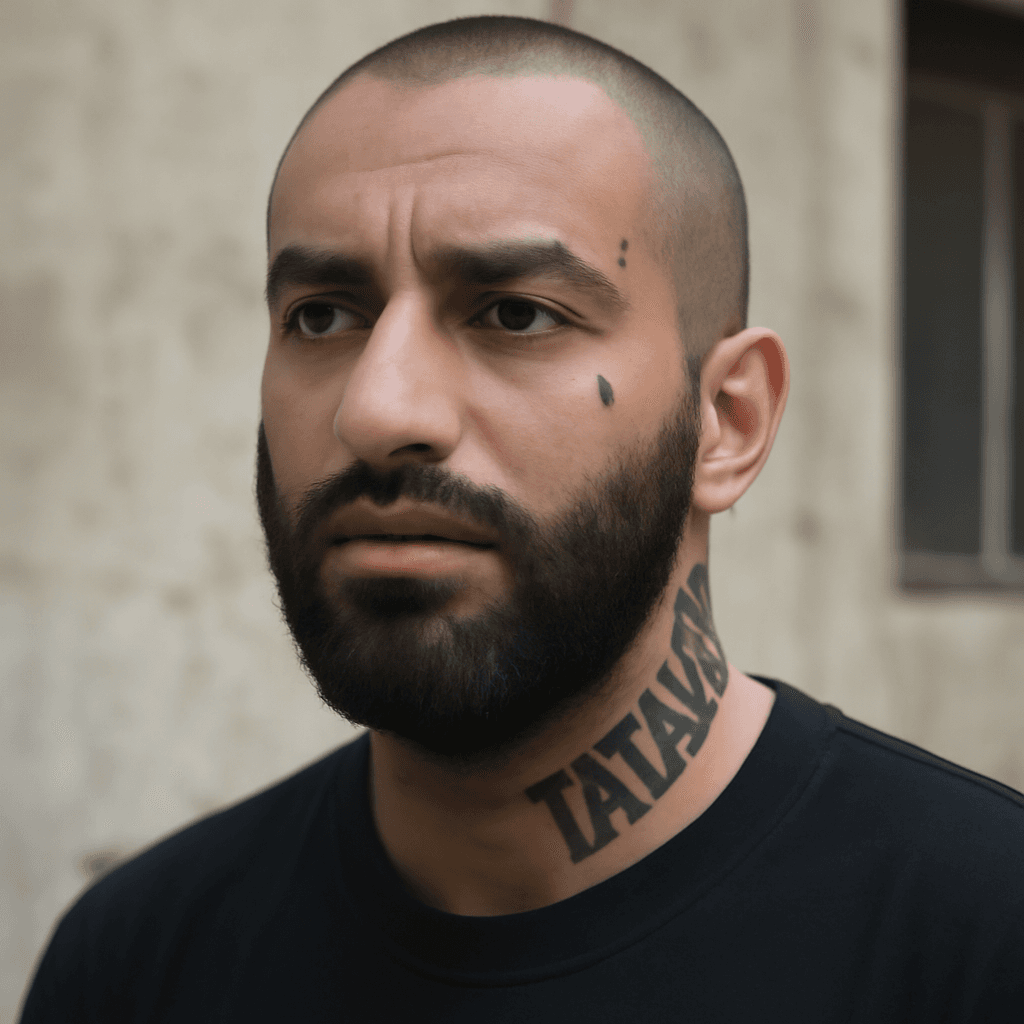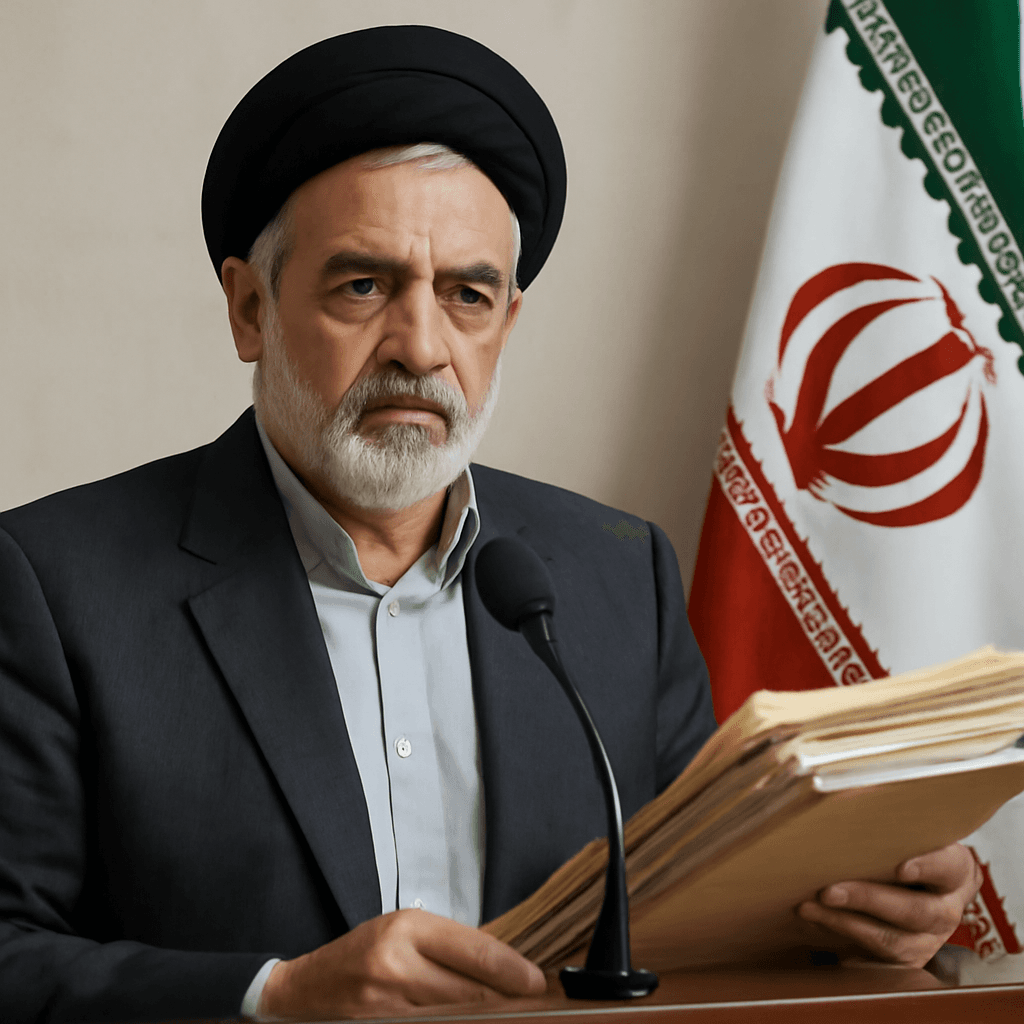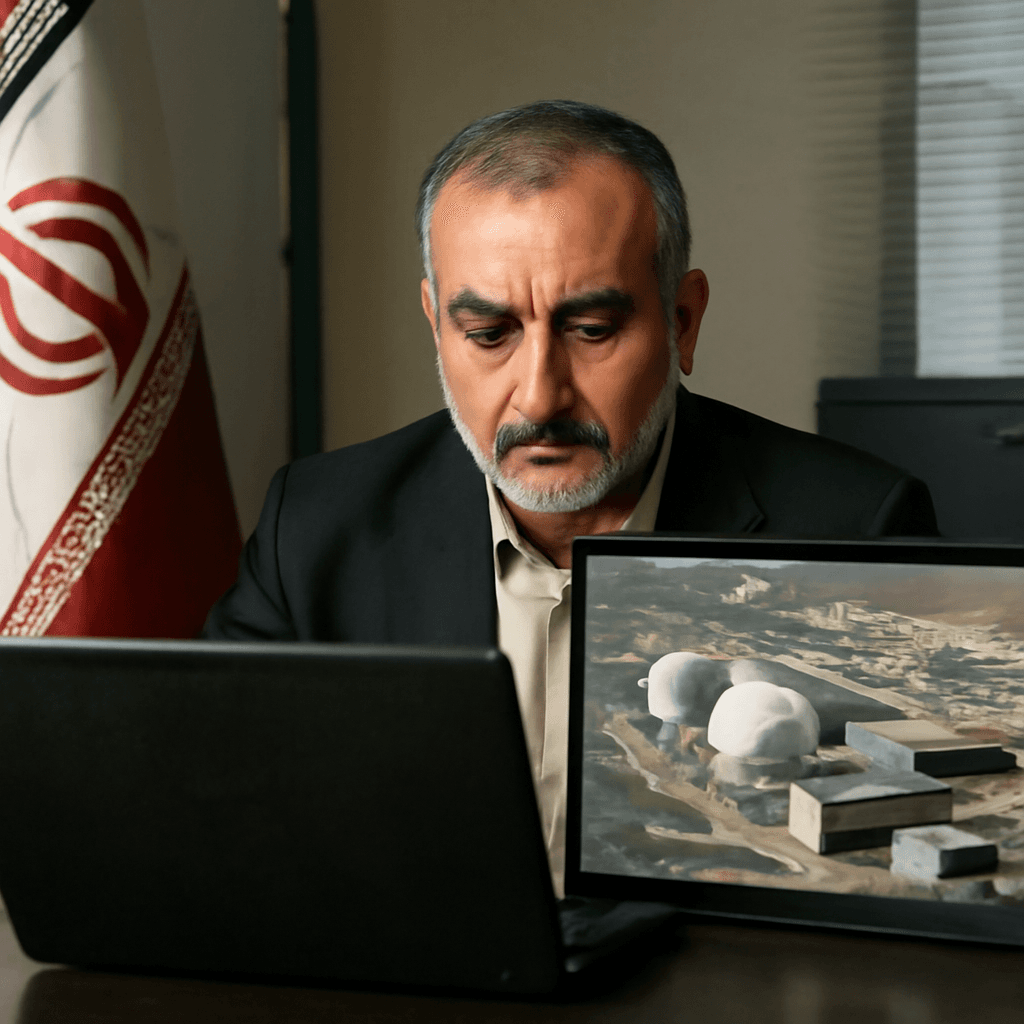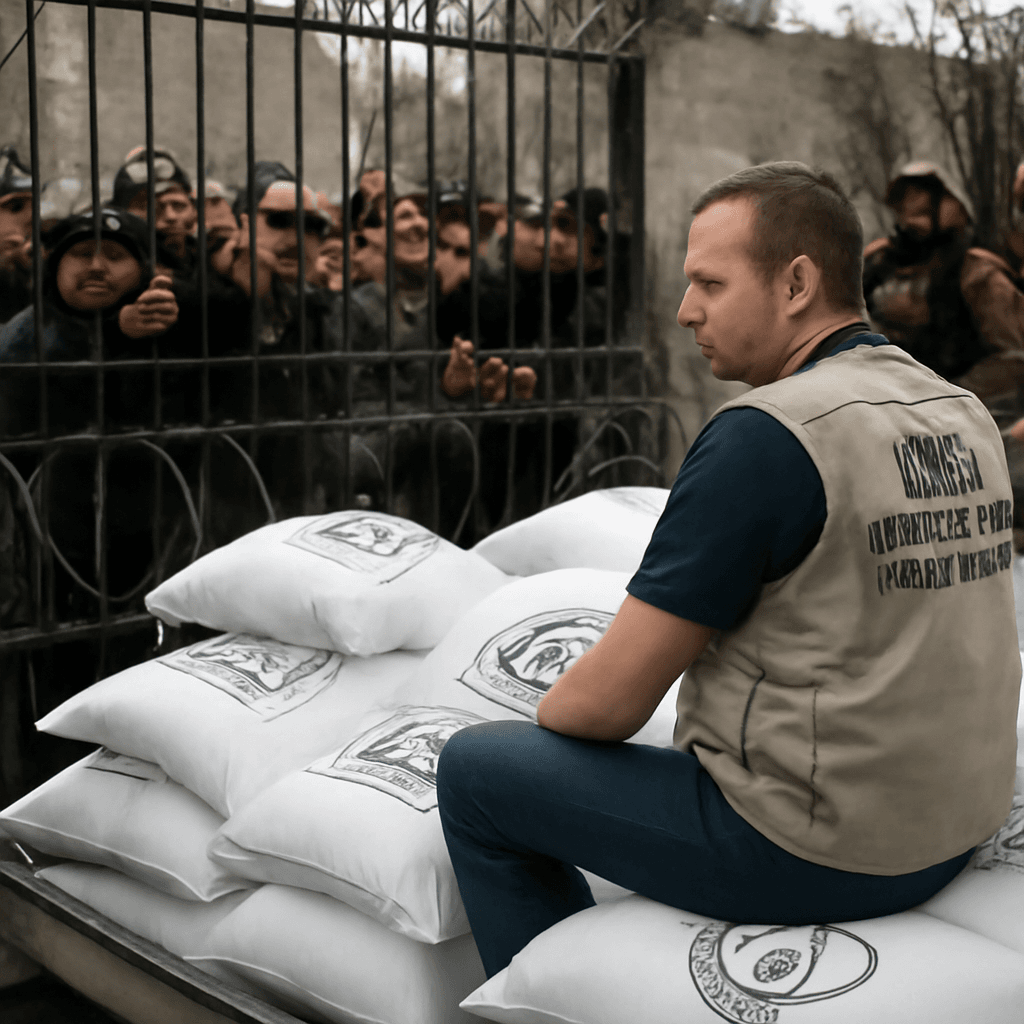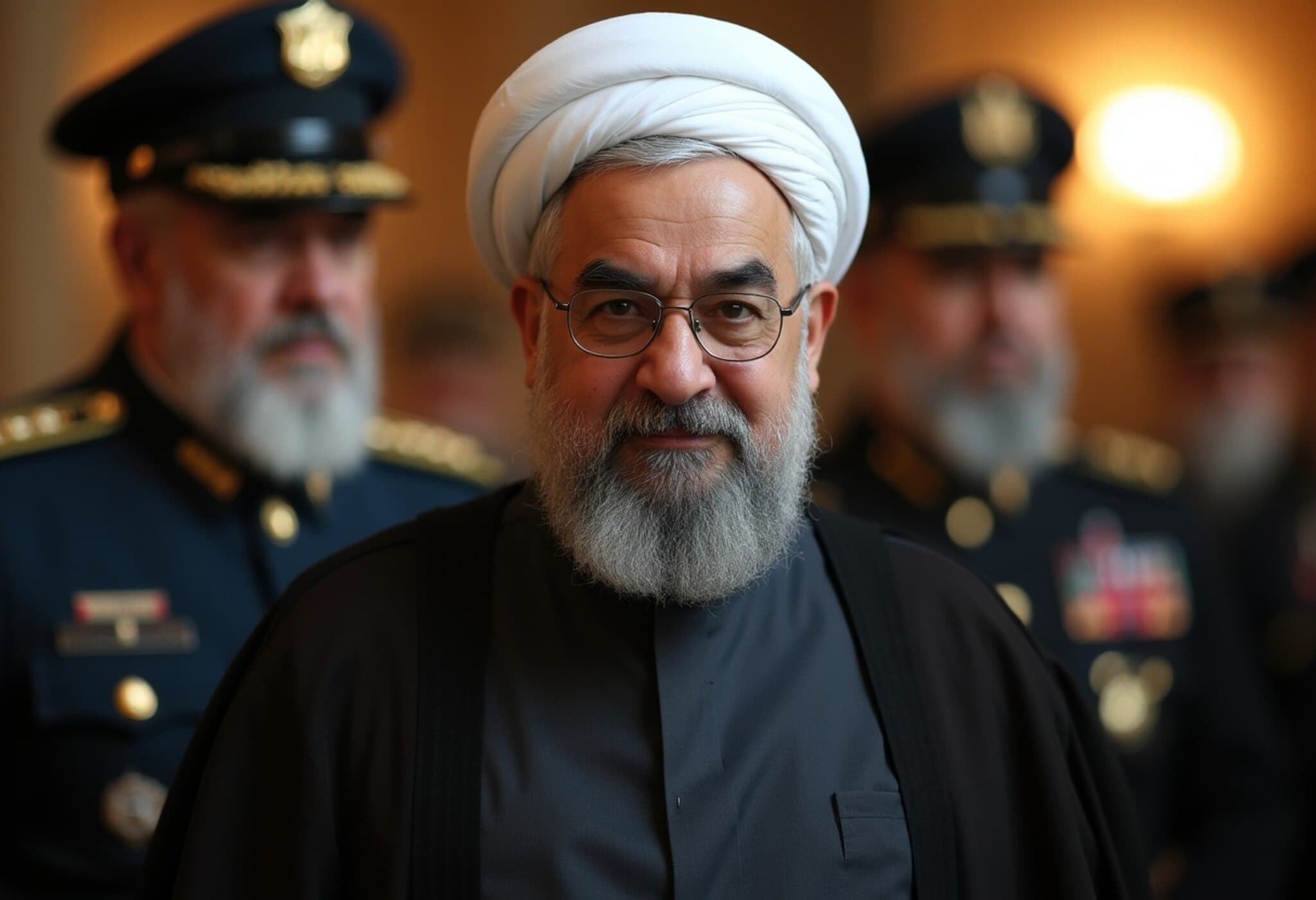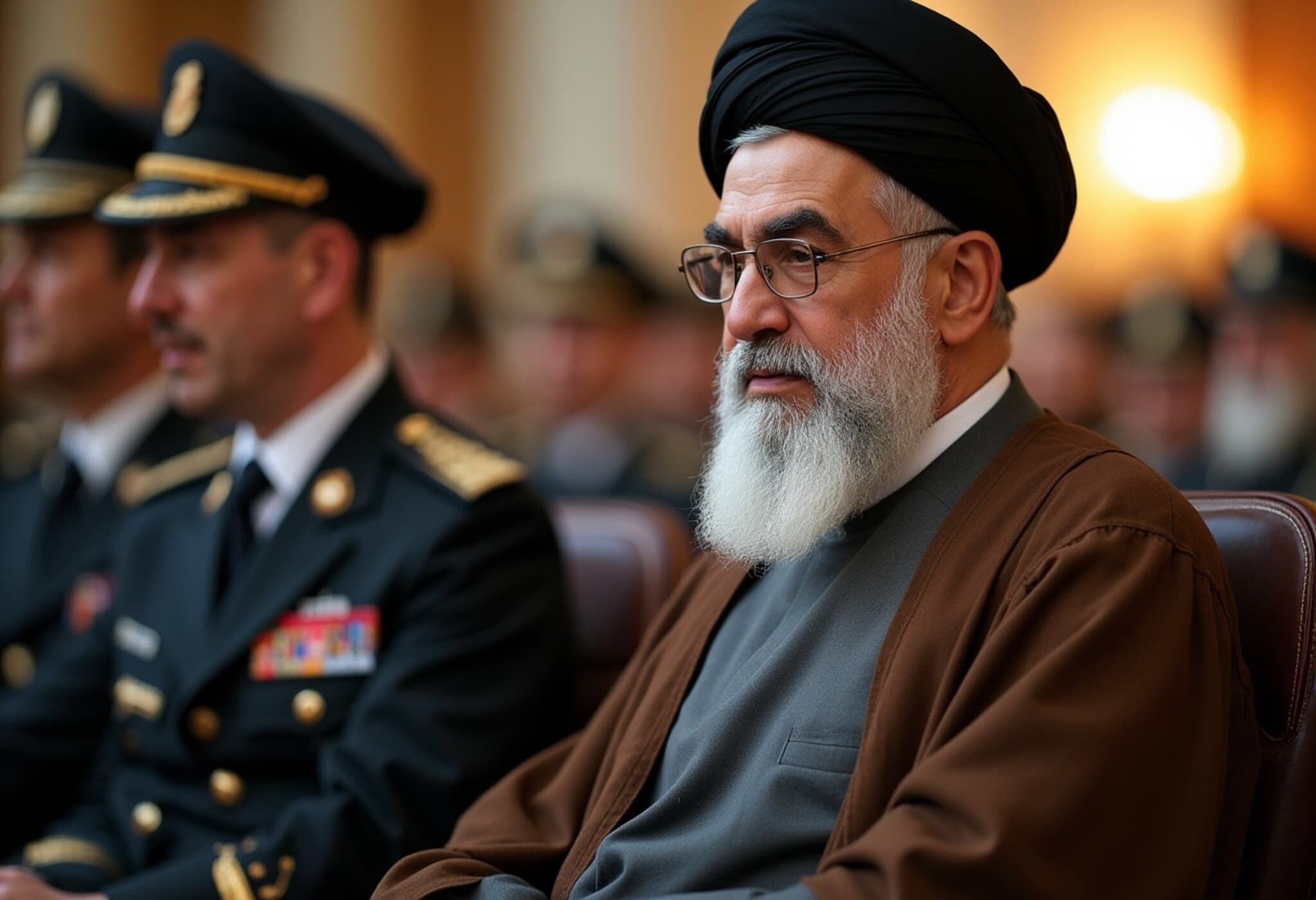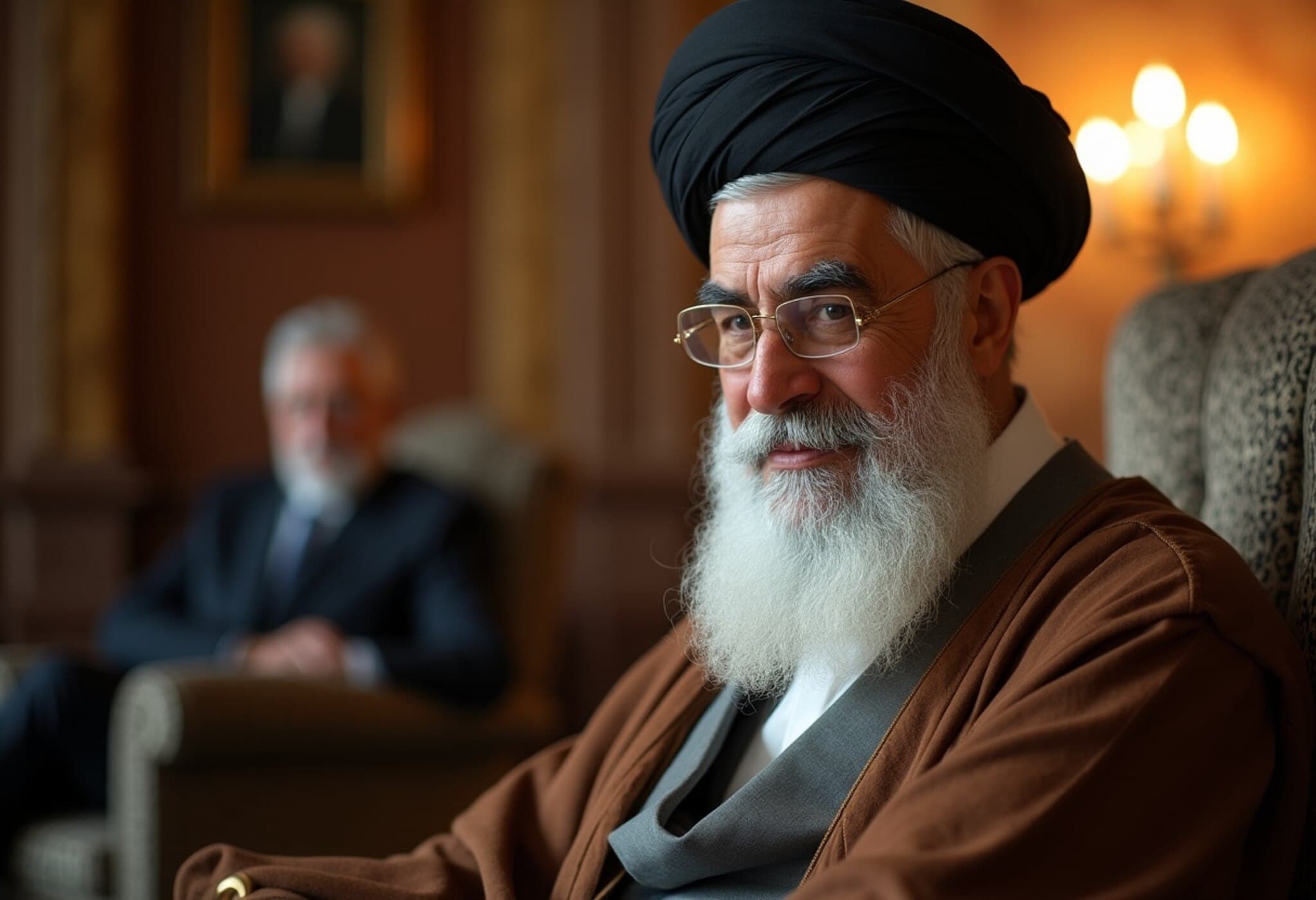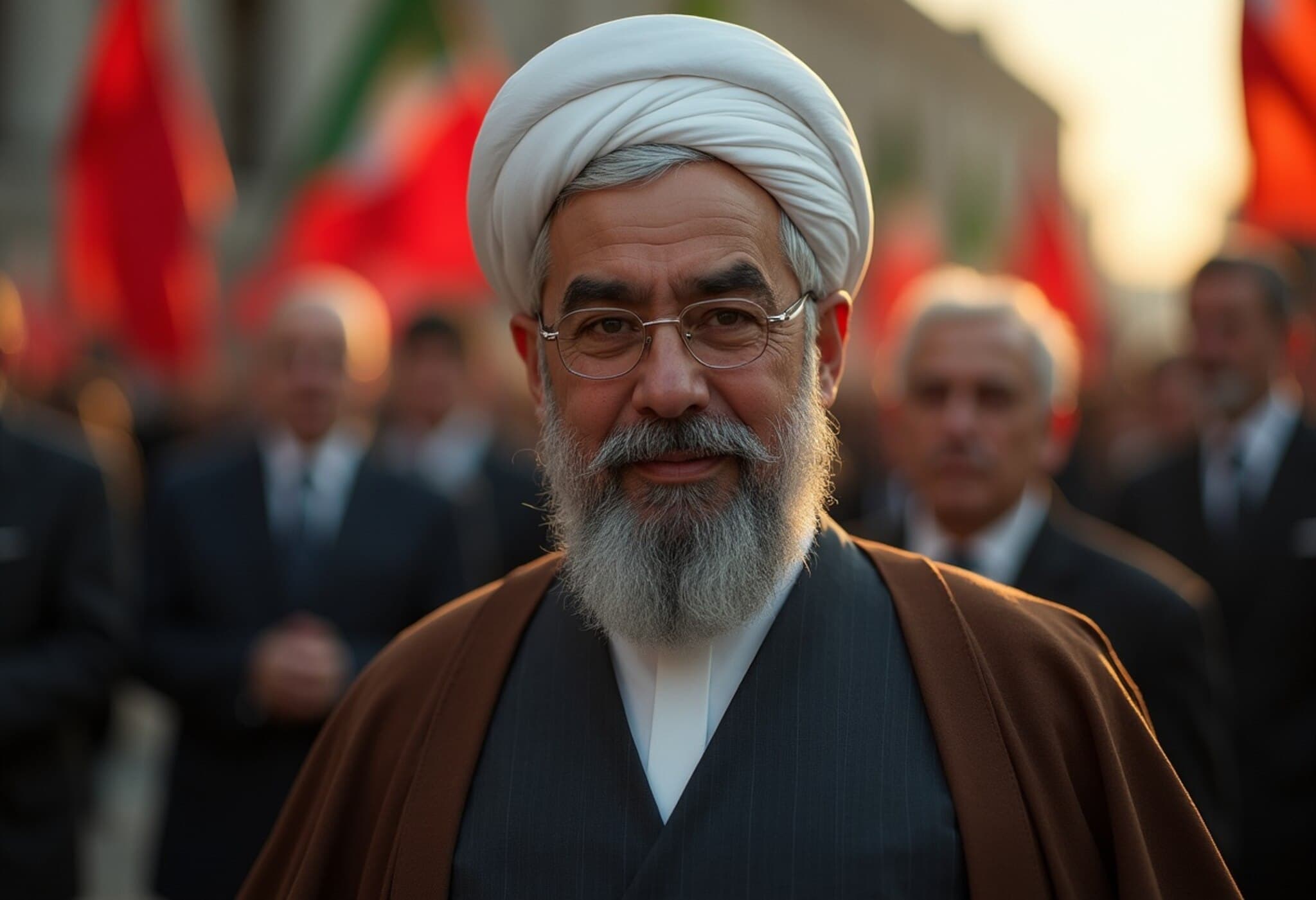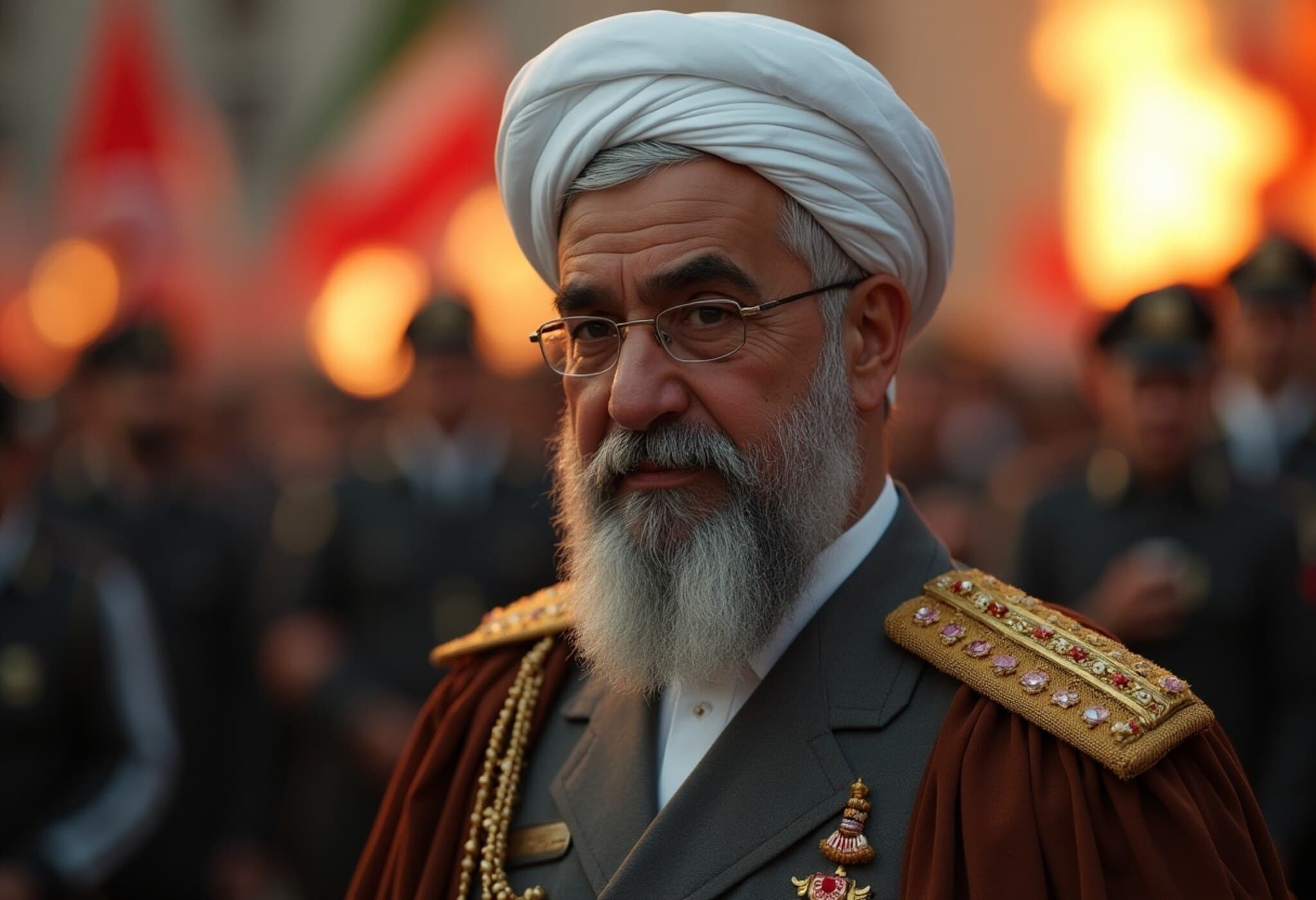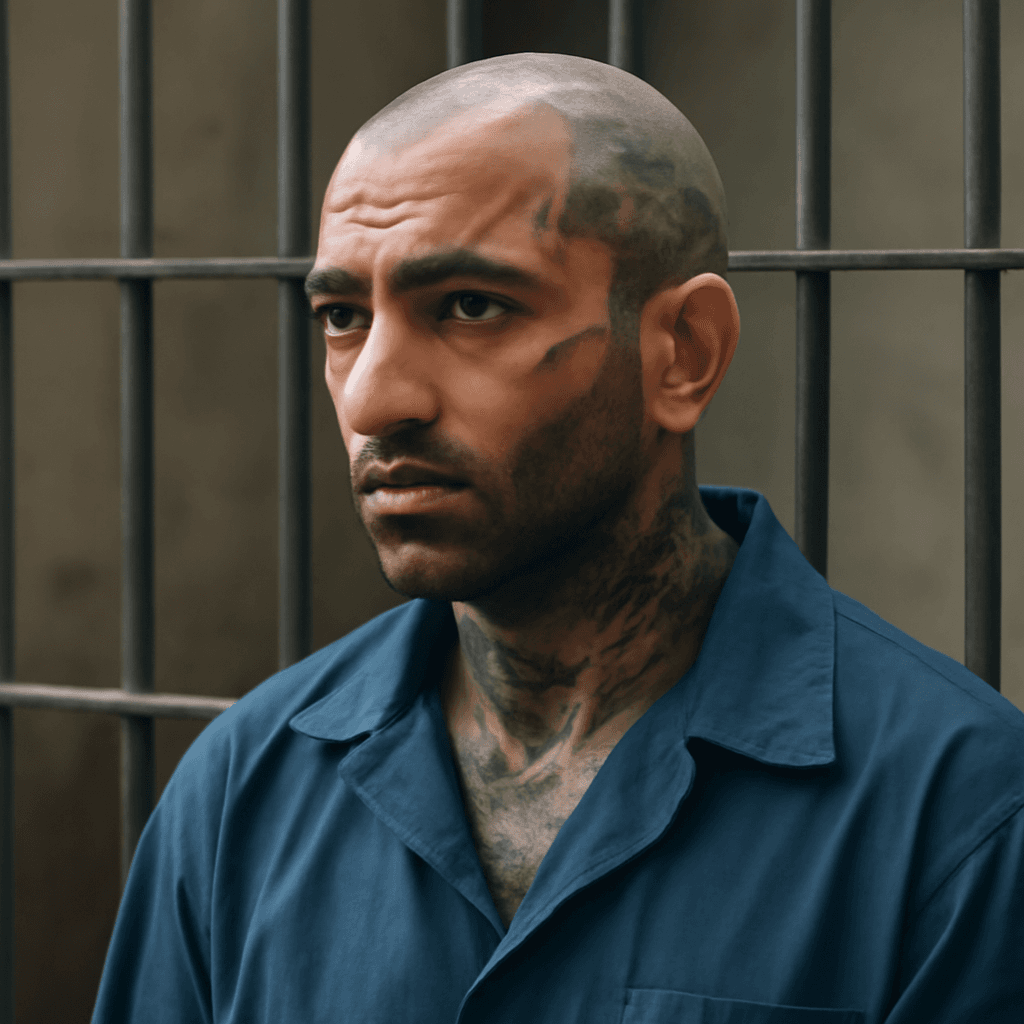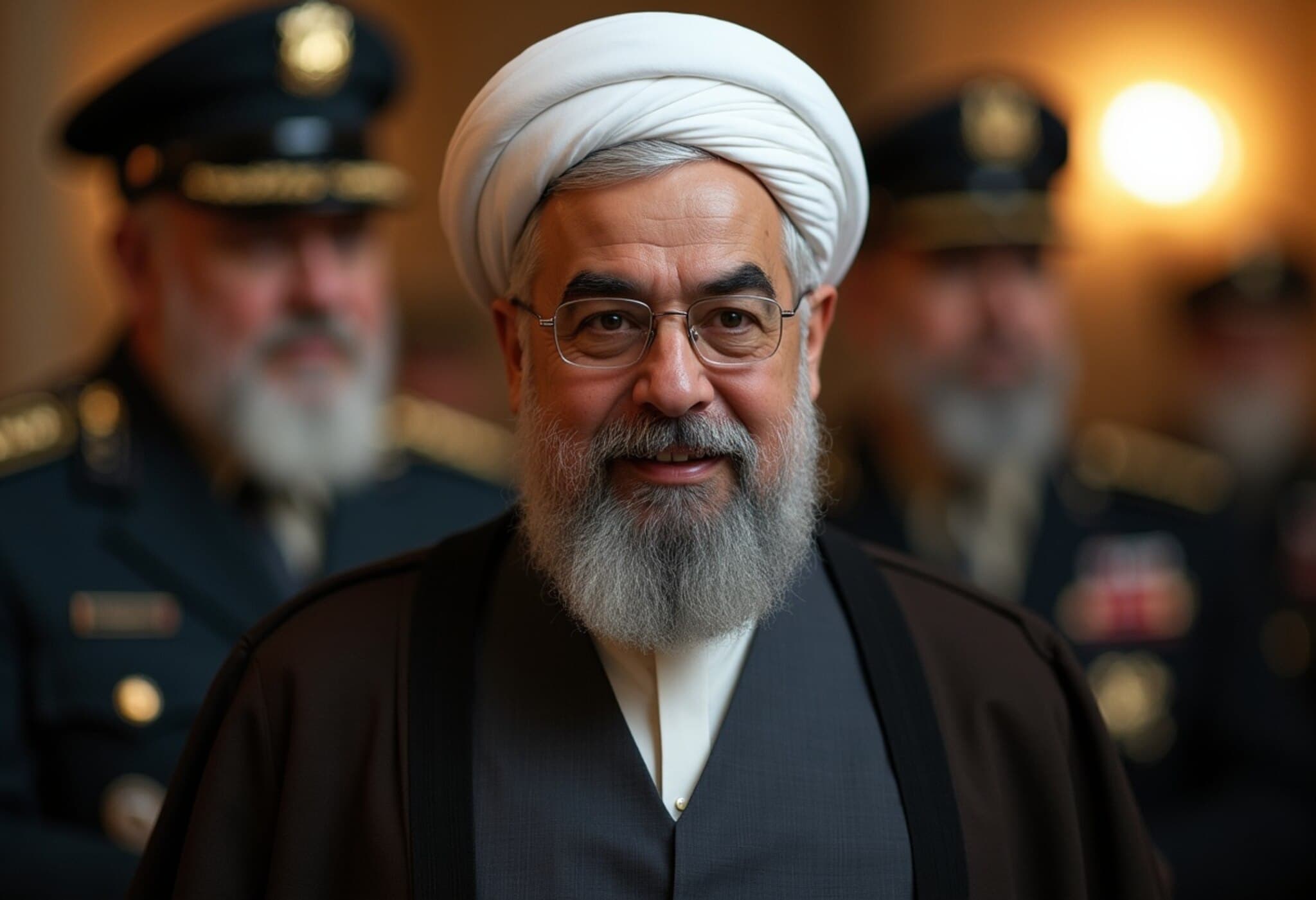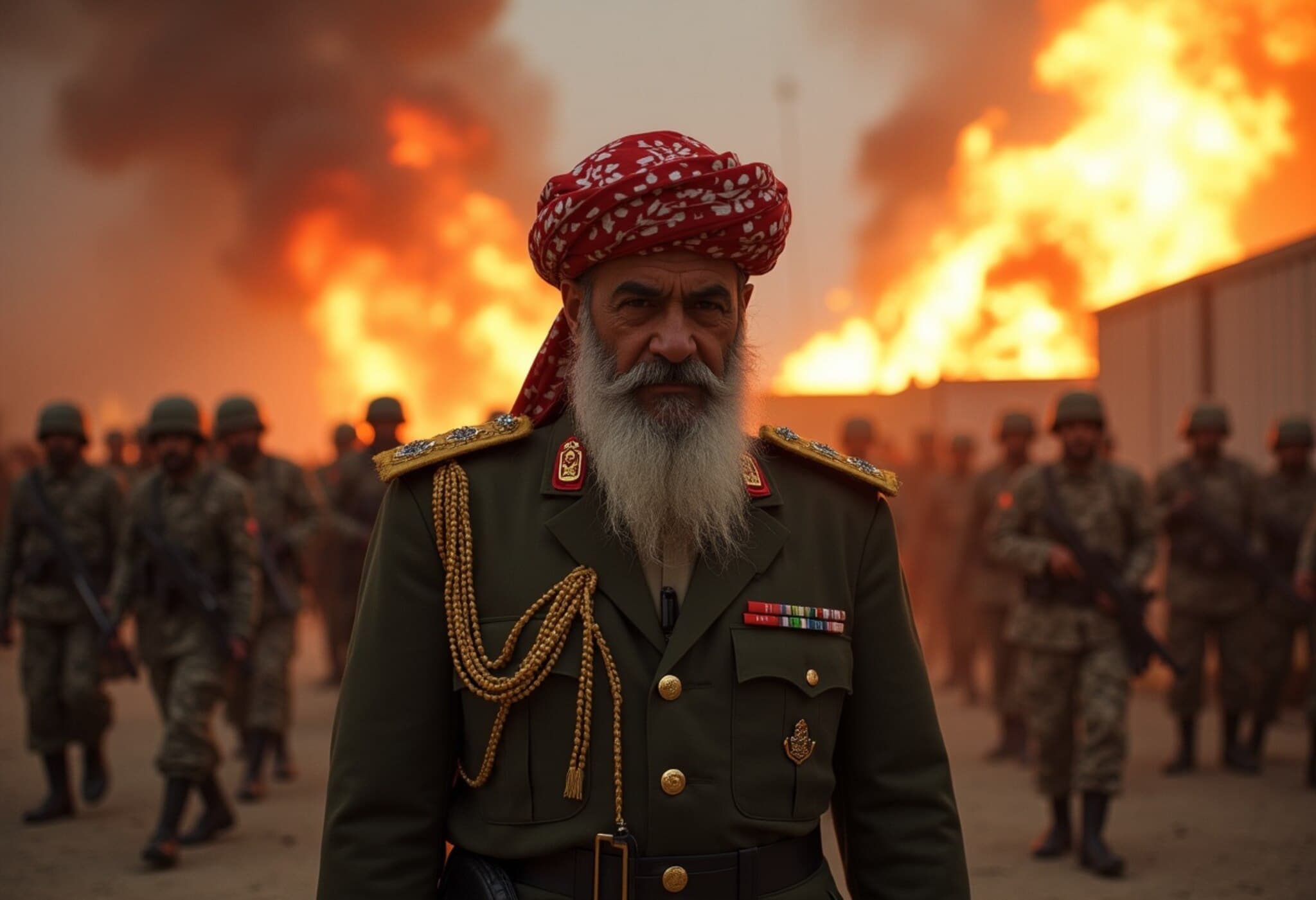Who Is Tataloo? The Controversial Iranian Rapper Facing Death Sentence
Amir Hossein Maghsoudloo, better known as Tataloo, is an Iranian rapper whose career and life have become emblematic of the tense political climate in Iran. Recently, he was sentenced to death for charges of blasphemy and insulting Islamic sanctities, a sentence that has sent shockwaves through the country and beyond.
A Rise from Underground Rebel to Political Figure
Born in the early 1980s, Tataloo began his music career in 2003, carving a niche in Iran’s underground scene by blending rap, pop, R&B, and rock with Persian lyrics. His first album, released in 2011, polarized listeners—some embraced his rebellious voice, while others found it contentious. Despite his fame, he never performed publicly in Iran due to strict governmental control over concerts by the Ministry of Culture and Islamic Guidance.
Initially, Tataloo expressed support for hard-line political elements, even endorsing Ebrahim Raisi during the 2017 presidential election and appearing alongside him on television. He also once backed Iran’s controversial nuclear program in a 2015 music video, rallying nationalist sentiment.
A Dramatic Shift Following Nationwide Protests
However, a pivotal moment came in 2022 after the death of Mahsa Amini, a 22-year-old Kurdish-Iranian woman who died in state custody following her arrest related to Iran's strict religious dress codes. This tragedy ignited widespread protests across the country.
Tataloo’s music and public stance shifted dramatically in response. His lyrics grew sharply political, openly criticizing the government and supporting the growing dissent. Videos emerged showing him denouncing the authorities, further escalating tensions with the regime.
Exile, Social Media Fame, and Legal Battles
In 2018, amid mounting legal troubles, Tataloo left Iran for Turkey, where Persian artists enjoy more freedom and lucrative concert opportunities. Turkish exile helped him build a massive online following, amplified by his distinctive tattoos—the Iranian flag prominently inked alongside personal symbols—and social media presence.
Despite his popularity, his controversies continued. Instagram banned his account in 2020 after he invited underage girls to join his "team" for sexual purposes, and he openly admitted to drug use. His unruly persona only deepened the public divide surrounding him.
Return to Iran and Harsh Sentencing
Tataloo’s stint abroad ended in late 2023 when his passport expired, forcing him back to Iran. Upon arrival, he was immediately detained. By May 2025, Iran’s Supreme Court upheld a death sentence against him for blasphemy and insulting Islamic sanctities, bringing a dramatic close to his tumultuous journey.
The Symbolism Behind Tataloo's Story
Tataloo embodies the contradictions and clashes within Iranian society today—a once-government supporter turned outspoken dissident, a cultural icon entangled in personal scandal, and a symbol for youth struggling against oppressive systems. His fate reflects the intense crackdown on freedom of expression amid ongoing political unrest.
What Lies Ahead?
- The international community watches closely, concerned about human rights violations.
- Tataloo’s sentencing raises urgent questions about freedom of speech and artistic expression in Iran.
- His story also underscores the country's deep divisions and the risks faced by those who challenge the status quo.
Stay informed with the latest developments on this critical case.

